During storms, domestic water sources are easily contaminated by bacteria, parasites and chemicals from the environment. Moldy stored food, fresh food that is difficult to preserve due to power outages, and improperly cleaned processing equipment all become sources of infection. This is the reason why gastrointestinal diseases often increase sharply after each flood.
Diarrhea is the most common disease, causing rapid dehydration, especially dangerous for young children and the elderly. Meanwhile, cholera and dysentery caused by Vibrio cholerae and Shigella bacteria can spread very quickly through water sources, causing patients to vomit and have diarrhea many times, easily leading to circulatory collapse if not rehydrated promptly. Typhoid fever caused by Salmonella Typhi bacteria also increases during the rainy season, with symptoms of prolonged fever, abdominal pain, digestive disorders and can lead to complications of gastrointestinal bleeding and intestinal perforation.
To proactively prevent intestinal diseases in the current context of storms and flooding, the health sector recommends that people strictly implement measures to ensure food and drinking water safety. First of all, priority should be given to using clean water, boiled water; absolutely do not use untreated river, canal, or ditch water for drinking or cooking. When the water source is at risk of contamination, people can use disinfectants such as Cloramin B or Aquatabs tablets to treat it according to the instructions.
Food must be thoroughly cooked and eaten immediately after cooking; do not eat food left overnight if not properly preserved. Raw vegetables, salads, and undercooked or raw foods should be minimized during the rainy season because they contain many disease-causing bacteria. For packaged foods or relief foods, carefully check the expiry date and packaging condition; do not use products that are swollen, torn, or have suspicious signs.
Cleaning of utensils is also important. Knives, cutting boards, and dishes should be washed, rinsed with boiling water if possible; hands should be washed with soap before cooking and before eating. In conditions of prolonged flooding, dry food storage areas should be reinforced and kept in a dry place to avoid mold — a common risk factor for aflatoxin poisoning, which is harmful to the liver.
Families with young children need to pay special attention. Children can easily become dehydrated when they have diarrhea, so adults must closely monitor and rehydrate them properly with ORS. When children show signs of dehydration, prolonged high fever, bloody stools, frequent vomiting, etc., they need to be taken to a medical facility for timely treatment to avoid dangerous complications.
In addition to the efforts of each family, local authorities and the health sector are stepping up propaganda, disease surveillance, water treatment and environmental disinfection after floods. Each person proactively practicing food hygiene and protecting their health is an important measure to help reduce the risk of gastrointestinal disease outbreaks during times of erratic weather.
In the context of storms and high tides that continue to be unpredictable, ensuring food safety not only contributes to preventing diseases but also helps the community stabilize its life and quickly recover from natural disasters. This is the responsibility of each family and the whole society to protect public health.
Source: https://soyte.camau.gov.vn/bai-khoa-hoc-chinh-tri-va-xa-hoi/phong-ngua-cac-benh-thuong-gap-do-an-uong-trong-mua-mua-bao-291063






![[Photo] General Secretary To Lam and National Assembly Chairman Tran Thanh Man attend the 80th Anniversary of the Traditional Day of the Vietnamese Inspection Sector](https://vphoto.vietnam.vn/thumb/1200x675/vietnam/resource/IMAGE/2025/11/17/1763356362984_a2-bnd-7940-3561-jpg.webp)

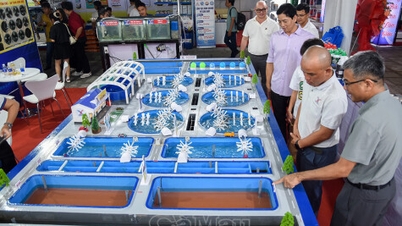





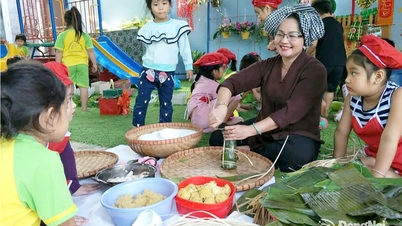



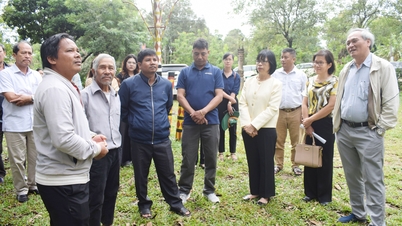






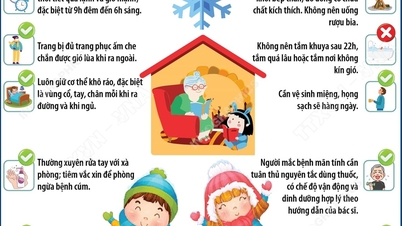
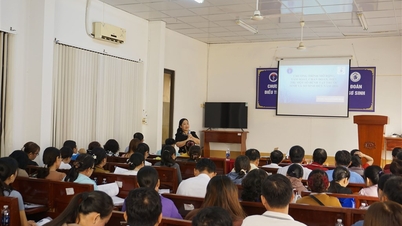

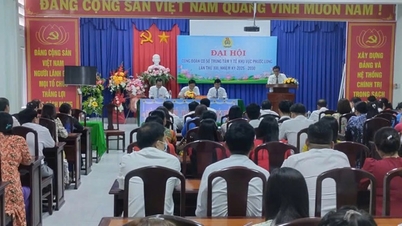
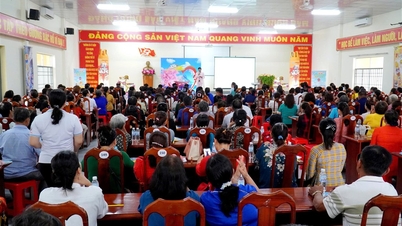






















































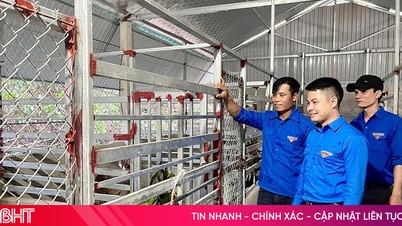

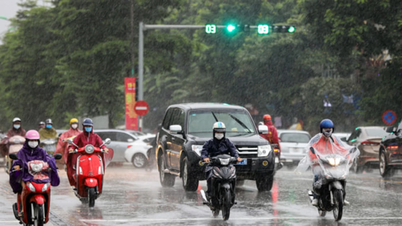















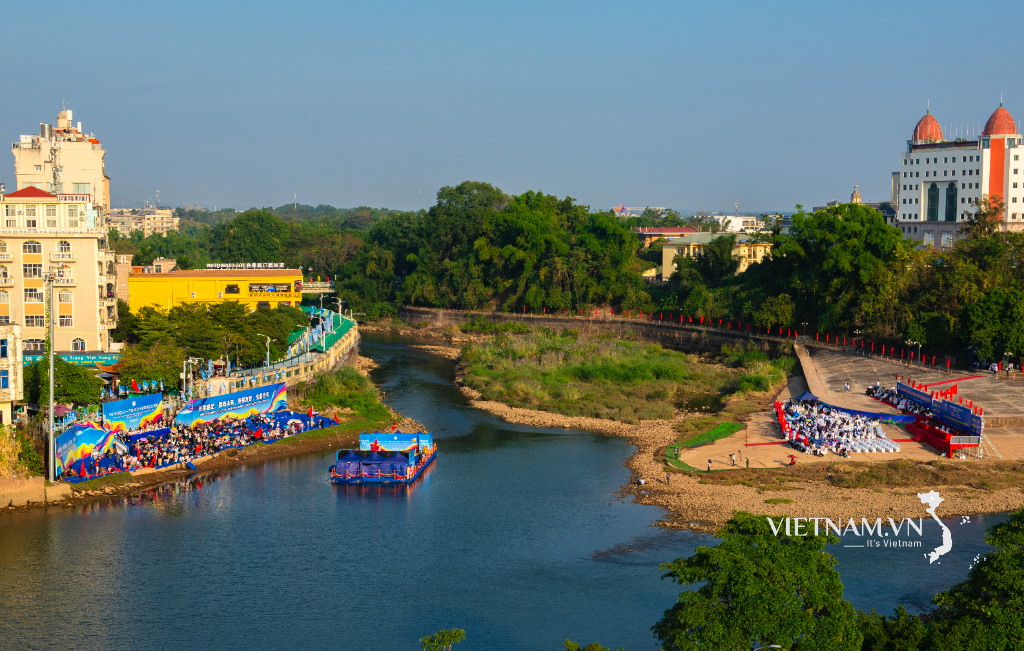

Comment (0)